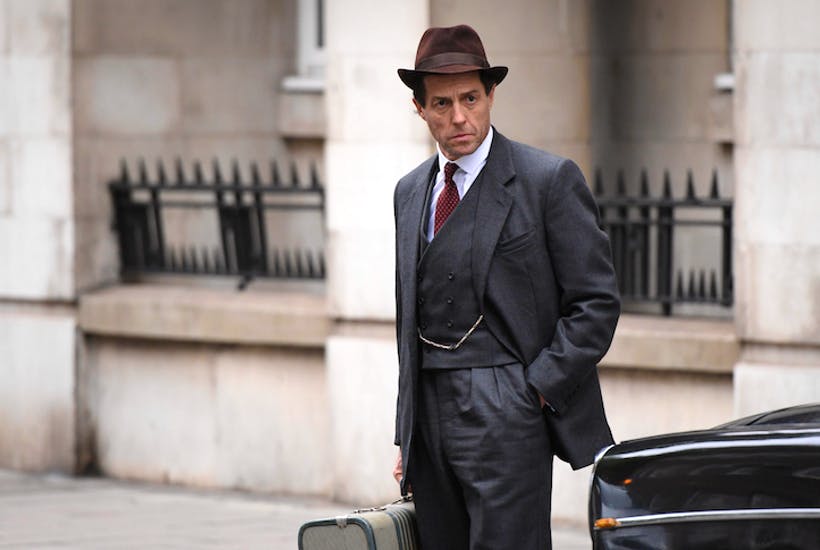The first episode of A Very English Scandal (BBC1), the story of the Jeremy Thorpe affair, was brilliant. So often, dramas about the past suffer from the disbenefit of hindsight. They use the dead as mannequins to wear their contemporary thoughts and attitudes. History, in their hands, is a form of what is now called ‘cultural appropriation’, paying no respect to the reality of the lives depicted. There is a brief moment in A Very English Scandal which teeters on the edge of this, when dear Lord Arran, sitting in his own house and in the presence only of his wife and Leo Abse MP, makes a rather pious speech about how wicked it is that homosexual acts are illegal. One feels one is being preached at, and the preaching is not much improved by the fact that the cause is just. Yet even this moralising is brilliantly undercut by Jeremy Thorpe himself. His attitude to homosexual law reform is striking. He is in favour of it, of course — he is a liberal, indeed at the time he is the leader of the Liberal party, and so he will vote for it, but really it is of little interest to him. He is an adventurer in everything, but especially a sexual adventurer. For people like him, the repressive state of the law feels more like an incentive than a persecution. The removal of one aspect of risk reduces the pleasure.
Hugh Grant’s acting gets the man just right. I knew Jeremy Thorpe slightly in the years depicted (late 1960s/early 1970s), because my father worked for him. Grant fits my memory of him almost exactly, not by mere mimickry, but by real imagination. He gets the wit, the quickness, the presence, and the important fact about the charm, which was that, unlike a lot of supposedly charming people, Thorpe really was charming. He also captures how such a man presented himself to the world in the last age in which very few people had ‘gaydar’. I was a teenager then, and it would never have occurred to me (despite what I now see was overwhelming evidence to the contrary) that a married man — or indeed, anyone in a public position — would be homosexual. I never remember anyone suggesting it, cynical schoolboys though we were. Perhaps to a modern sensibility, Thorpe’s flamboyant eccentricity would be a giveaway, a hint of something else which was hidden, but to me and, I suspect, to 98 per cent of the people who met him, it was just a funny act. Was it good or bad that so many of us were so innocent? Perhaps that itself is an unartistic, over-moralising question. The point is that is the way it was, and this drama captures it.
This is an extract from Charles Moore’s Spectator Notes, which appears in this week’s magazine







Comments